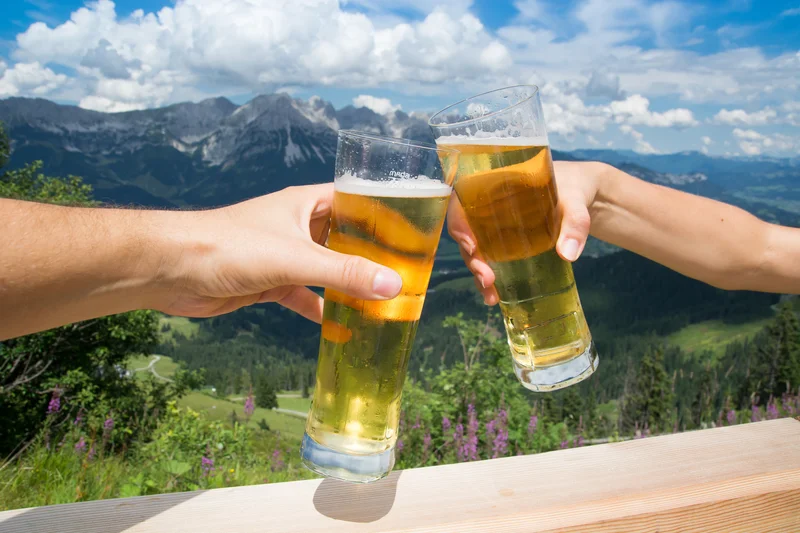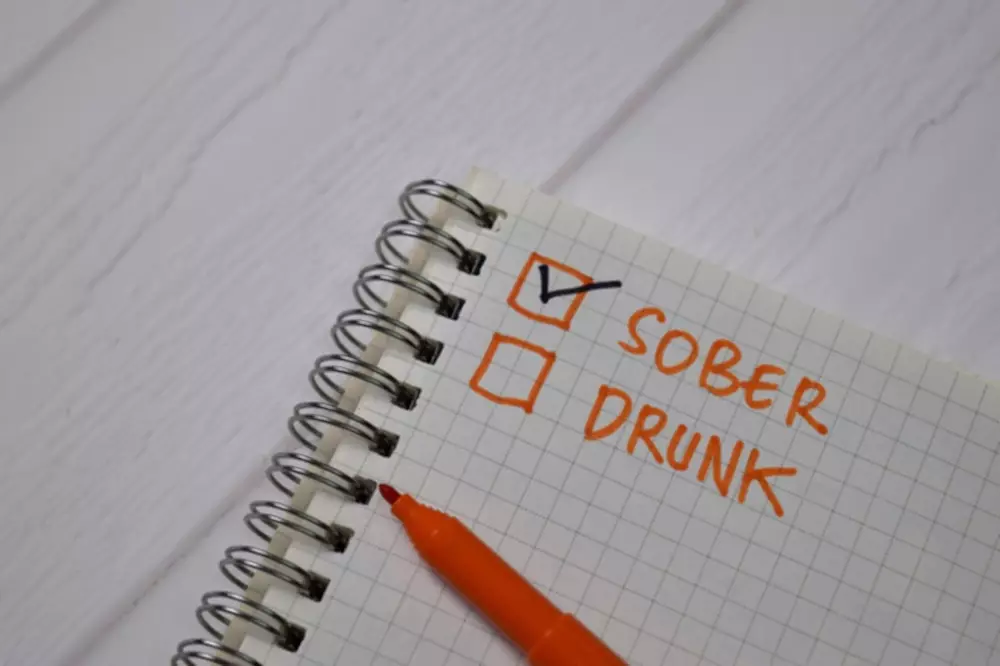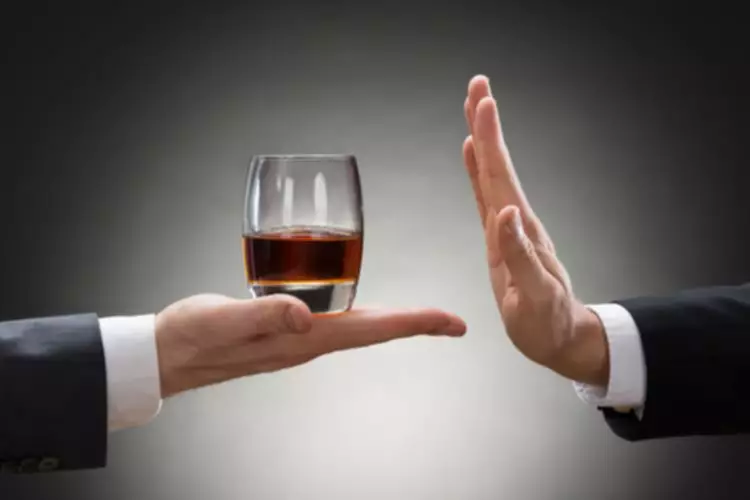
Incorporating strategies to replenish electrolytes, such as consuming electrolyte-rich foods or drinks, can help support optimal hydration when consuming alcohol. For example, snacking on foods like bananas, nuts, or leafy greens can provide essential electrolytes. Additionally, alternating alcoholic beverages with water or electrolyte-enhanced drinks can help mitigate the dehydrating effects of alcohol. Understanding how alcohol affects hydration levels and impacts various body functions is crucial for recognizing the importance of maintaining proper hydration while consuming alcohol.
Effects on Alcohol Metabolism
- Due to the lower alcohol content, beer will dehydrate you slightly less than liquor.
- Recognizing the symptoms of dehydration and implementing the strategies discussed can help mitigate these effects, allowing for a safer and more enjoyable experience when consuming alcohol.
- Yes, excessive alcohol consumption can lead to severe dehydration, which can be dangerous and even life-threatening if left untreated.
- Spirits generally have a higher alcohol content than beer or cider, leading to more pronounced dehydrating effects.
Electrolytes, such as sodium, potassium, calcium, and magnesium, are essential for maintaining the proper balance of fluids in the body. They help regulate the movement of water and nutrients in and out of cells, ensuring optimal hydration levels. Electrolytes also play a role in muscle function, nerve signaling, and maintaining pH levels. When you consume alcohol, and it suppresses vasopressin, your body starts losing more fluid than usual through increased urination. This rapid loss of fluids triggers your body’s thirst response as it attempts to encourage fluid intake to compensate for the dehydration.

Dehydration From Alcohol: 5 Tips to Prevent and Treat It
Dehydration contributes to hangovers but is just a piece of the puzzle. Alcohol disrupts normal brain function, leading to lowered inhibitions, impulsive behavior, and difficulty focusing or making decisions. It is important to always consume in moderation and to seek care if you exceed your limits.
Is alcohol dehydration reversible?
Dehydration occurs when the body loses more fluids than it takes in, and alcohol can exacerbate this by increasing urine production and interfering with the body’s ability to retain water. The duration alcohol stays in your system depends on several factors, including the amount consumed, your metabolism, body mass, age, hydration level, and the health of your liver. However, alcohol may be detected in the blood, urine, and breath for longer periods, depending on the type of test used. Alcohol consumption, especially when excessive, can lead to several long-term health complications. Chronic heavy drinking Drug rehabilitation is notorious for damaging the liver, resulting in conditions such as inflammation and scarring, known as cirrhosis, which can be fatal if not managed. Cardiovascular health is also at risk, with increased chances of developing high blood pressure, heart disease, and stroke.

People Are Reading
When combined with excessive drinking habits over time—a cycle emerges where both mental health struggles and poor hydration reinforce each other leading towards possible addiction patterns. Dehydration from alcohol consumption doesn’t just affect hydration; it can also impair physical performance significantly. Athletes or those involved in physical activities may find their endurance decreased when dehydrated. Severe dehydration can cause feelings of dizziness, the appearance of sunken eyes, fainting spells, increased heart rate, and even loss of consciousness. We’ve had a night out, and the next morning we wake up and aren’t feeling well. No matter the cause of our dehydration, it’s important for us to replenish our fluids as soon as possible.
- Drinking moderate amounts of red wine may not lead to significant dehydration, especially when balanced with water intake.
- When you’re dehydrated, your body sends signals to your brain to drink more fluids.
- Make sure you’re drinking plenty of water before, during, and after drinking alcohol.
- Additionally, practicing moderation and being mindful of alcohol consumption can help minimize the risk of dehydration.
- Extreme dehydration for a long period of time can be extremely damaging to our body and can even be fatal.
If you’ve ever experienced dehydration before, then you know the signs to look out for. Alcohol-induced dehydration doesn’t have different signs than normal dehydration. These signs include headaches, dark urine, dizziness, and a strong thirst. When urine is less concentrated, it means that the kidneys are not effectively removing waste products from the body.

Can you prevent dehydration when drinking alcohol?
Contrary to popular belief, alternating alcoholic drinks and water will not help you avoid dehydration. But you can certainly ensure you are as hydrated as possible before consuming alcohol. You can also drink water before you go to bed to help replenish hydration levels. Understanding how consuming alcohol leads to increased urination requires an understanding of ADH.

It’s best to drink while eating or just after, and to snack as you continue to drink. Alcohol’s diuretic effects mean it’s does wine dehydrate you difficult to avoid experiencing some level of dehydration from drinking. However, you may be able to minimize its severity by following a few simple tips. Alcohol works as a diuretic largely because it suppresses the release of a hormone called vasopressin, which is also known as antidiuretic hormone.
How to Hydrate After Drinking
Alcohol and alcohol-induced dehydration can lead to imbalances within these, resulting in weakness, fatigue and muscle cramps – all of which can be dangerous if they’re not dealt with appropriately. The best way to avoid alcohol dehydration is to avoid consuming alcohol entirely. However, if you plan to partake in beer, wine or other alcoholic beverages, there are a few things that can be done to lessen dehydration’s toll on your body. Drinking beer, a glass of wine, or other types of alcohol introduces a substance into the body that causes certain reactions. Therefore, alcohol induced dehydration can occur when drinking alcohol without having a glass of water–or more, depending on how much alcohol you’re drinking.
In order to break this substance down and remove it from the body, your liver does most of the work of turning it into acetate. Ginger root is a natural ingredient that helps reduce inflammation and soothe nausea. This supplement will help restore balance while easing negative symptoms. Depending on how much you drank, it can take a few hours to fully recover from dehydration. Back in college, you remember waking up hungover, with a raging headache and nausea rolling in your stomach. You’d normally shut yourself into a dark room and scarf down some food and ibuprofen to help the side effects go away.
